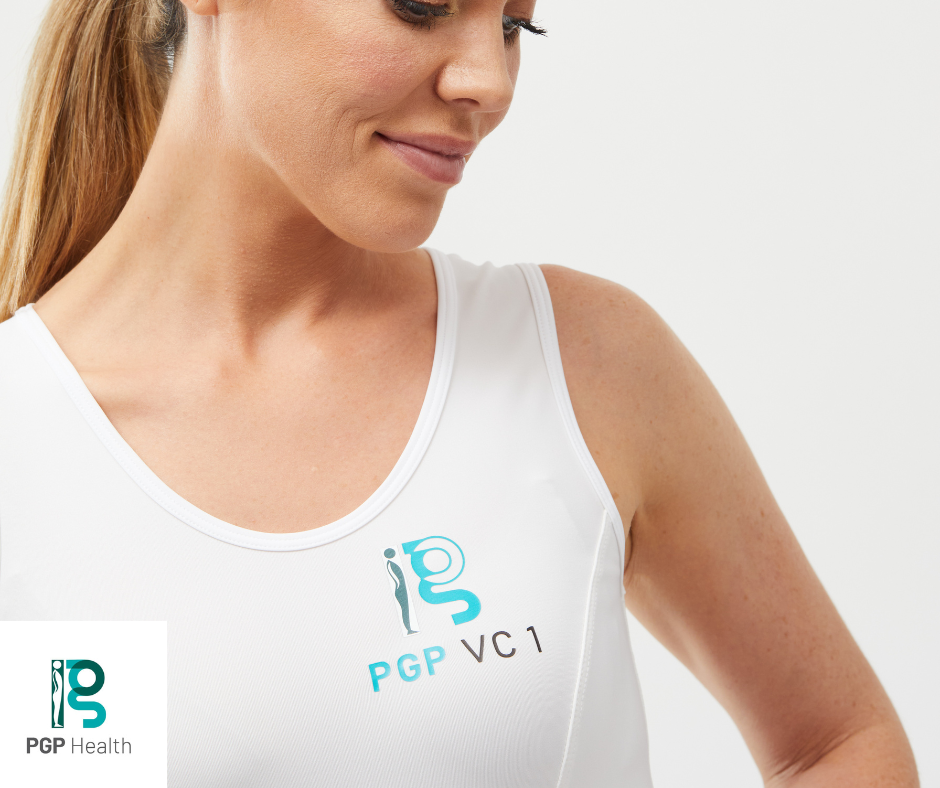Most modern-day professionals have sedentary lifestyles. Spending six or more hours seated in front of the screen and a lack of sufficient physical activity has severe impacts overtime on one’s physical appearance – posture dysmorphia.
Medical research has time and again iterated and demonstrated the importance of maintaining the correct posture. It is equally important to maintain healthy mobility among our joints and muscles to keep the spine in its natural alignment.
Factors such as aging and injuries also contribute to a decline in posture, which can sometimes be unavoidable and unpredictable. However, lifestyle-led ill-impacts on posture can be easily sustained.
Making simple lifestyle changes to improve your posture can have amplified results on your overall well-being.
Common Factors That Negatively Impact Your Posture
Postural problems are becoming highly common, even among young adults. Most of posture-related health issues originate from our everyday lifestyle and practices such as:
- Muscular strength imbalances: maintaining certain positions for extended periods – on a regular basis, for example: hunching while watching tv, can put constant pressure on particular muscle groups. As a result, some of the muscles become tighter than others, interrupting the natural equilibrium and causing changes in the posture over time. Professionals such as athletes, construction workers, and professional drivers are more likely to experience muscular imbalances due to the perils of their occupation.
- Improper ergonomics: from the mattress we sleep on, to the height at which the screen is placed on our workstation – it all impacts our posture. With physical ergonomics, it’s difficult to design one model that fits all. However, more often than not, – they are either bulk purchased or considerations like cost and aesthetics can de-prioritize the comfort factor. Therefore, using incorrect or inadequate ergonomics for your body type can deteriorate your posture.
Health Impacts of Postural Problems
Bad posture can have grave impacts on physical, as well as mental health. Impacting many bodily functions such as digestion, blood circulation and even cognitive abilities.
Common health issues associated with poor posture:
- Chronic aches & pains: bad posture can strain the joints, muscles and ligaments in various parts of the body; thus, causing regular aches and pains and reducing mobility and flexibility.
- Respiratory issues: slouching and hunching compress the lungs and impact their ability to function freely. This can cause shallow breathing and reduce the oxygen content in the body which is known to have negative effects on cognition and energy levels etc. Similarly, digestion and blood circulation is also weakened in the human body when relevant organs are compressed or strained as a result of poor posture.
- Psychological Impacts: body aches, muscle strains and interruptions in the proper functioning of many organs can impact our mood and sleep, causing anxiety and depression. Furthermore, research has shown an association between posture deterioration and lowered self-confidence.
Therefore, medical professionals and researchers studying postural health have time and again advised that in order to maintain our overall well-being, it is essential to restore our posture and take steps to consciously undo the ill-effects of sedentary lifestyles.
So What Can You Do To Improve Your Posture
A combination of lifestyle changes and simple resources can go a long way in helping you correct your posture and maintain it.
Exercise
Regular exercise is the golden rule for correcting and maintaining your posture.
Focus on building strength in your core muscles. This will help counter the muscular imbalance and bring the spine back to its natural alignment. It is recommended to target abdominal and back muscles. Planks, glute bridges, and Superman exercises with light weights and resistance training can help you achieve this.
Stretching will help release the accumulated tension in the muscles, resulting from staying in our posture for a long time. It will also improve flexibility and mobility throughout your body, which will support your spine as it transitions back to its neutral position. Shoulder rolls, cat-cow and hamstring stretches are highly recommended.
Exercising stimulates the sympathetic nervous system, hence, creating an amalgamated response in the body that improves digestion, sleep, respiration and circulation. You will also experience a great shift in your mood and a decrease in stress levels, as regular exercising releases happy and feel-good hormones.
Self-Discipline and Care
Simple acts and considerations to discipline yourself and adding layers of self-care to your day-to-day life will serve a long way in maintaining postural well-being.
- Take regular intervals during work to walk and stretch, getting respite from the strain and tension in your muscles.
- Place physical reminders at your workstation, above your TV and in your bedroom to correct your posture consciously and consistently throughout the day.
- Invest in ergonomics that are comforting and best suited for your body. This will bring relaxation and restoration to your muscles in day-to-day life.
- Regularly practicing yoga and meditation, taking time to walk in nature and getting massages decompress the nervous system and release the tension in the muscles.
Compression Vests

PGP’s compression vests are designed to support healthy posture and bring holistic improvements to overall well-being.
It is made from a soft, lightweight and anti-odor fabric. Its adjustable mechanics can support different body structures and provide the necessary compression at every stage of posture correction.
It’s easy to maintain and machine wash-friendly. So, you can wear it while working and carrying out other everyday tasks.
It helps you maintain a healthy posture, naturally.
When you are working towards posture correction, treat it as a shift in mindset and habits. Aim at eliminating the causes from their root, that previously led to the decline in your posture. The positive effects of working on postural health are so widespread and immediate, you will feel motivated as you begin to see the progress early on and continuously.



